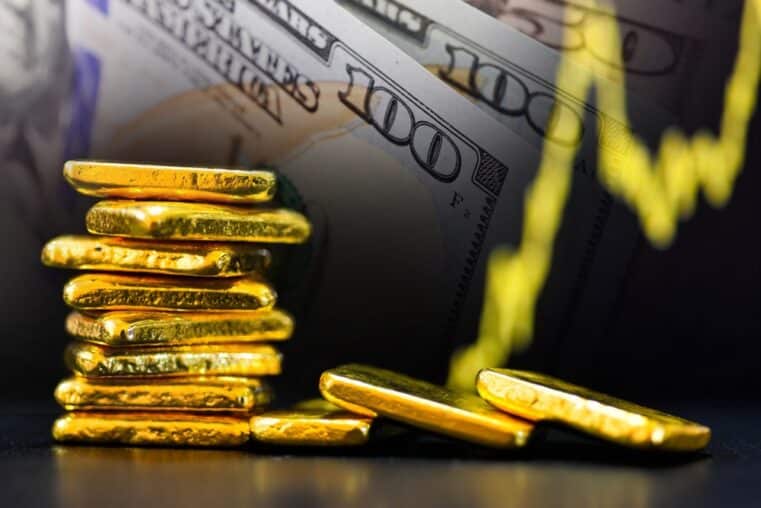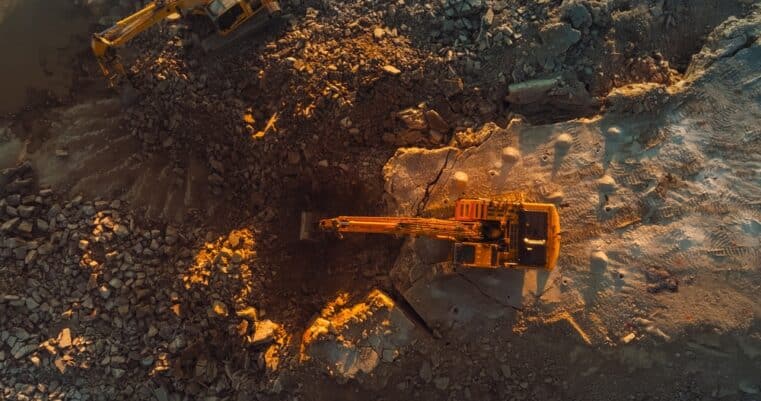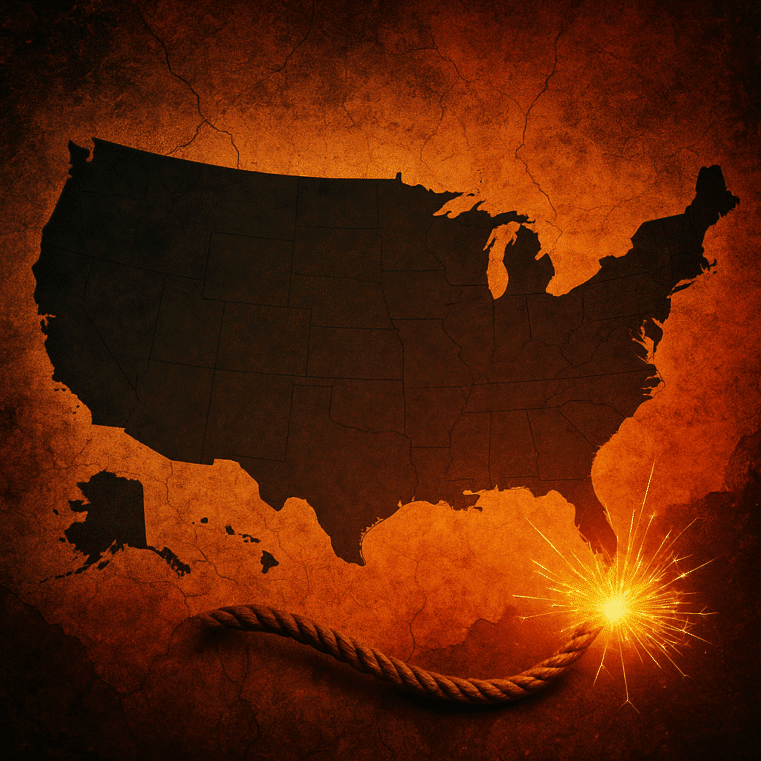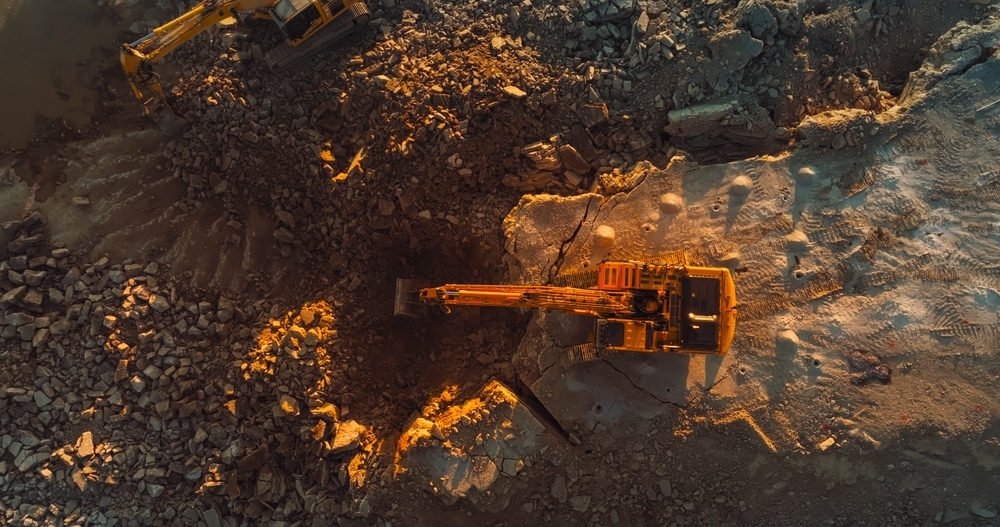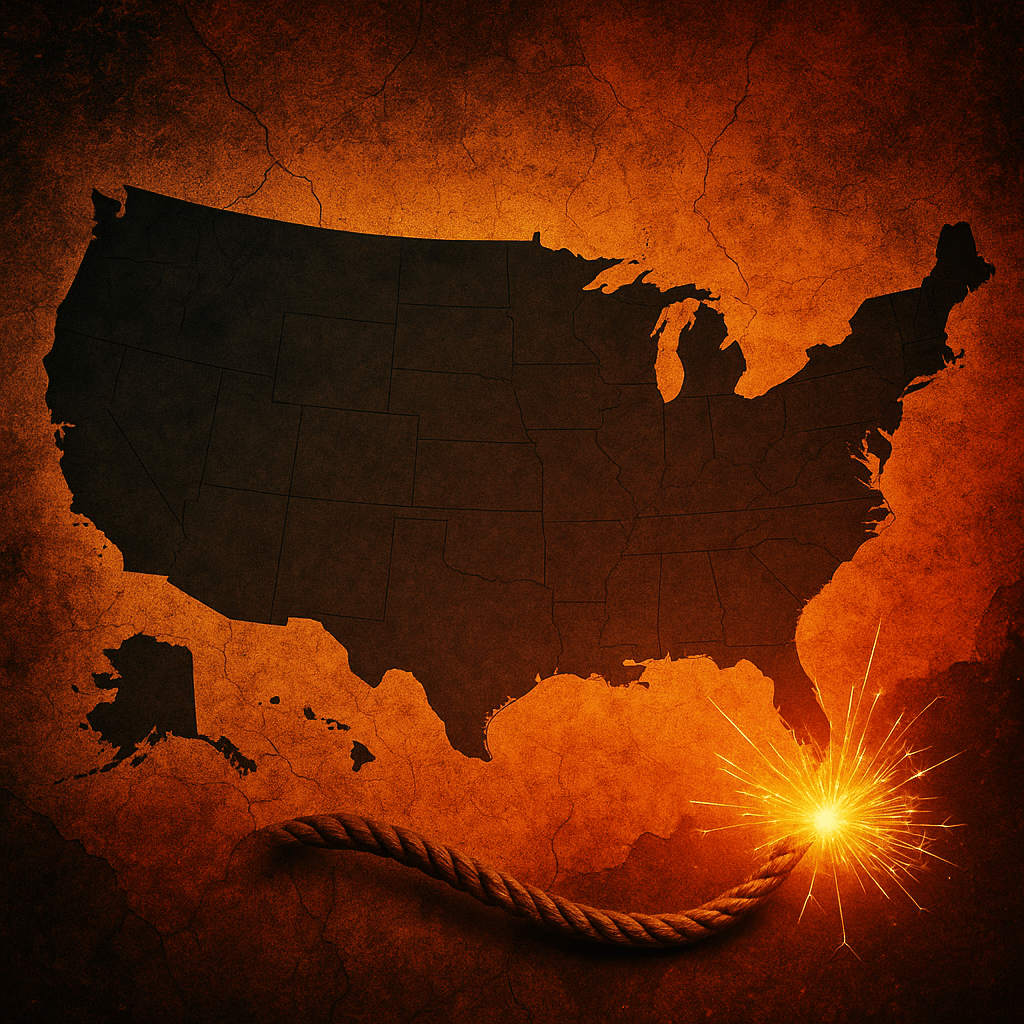
Safe Deposit Boxes Compromised As Chase Bank Joins the War on Cash
Chase opened a new front in the war on cash when it started prohibiting customers from storing cash, coins, and bullion in safety deposit boxes.
Chase’s maneuver barely penetrated the general public’s consciousness despite the bold extent of their grab: borrowers cannot use cash for payments on credit cards, auto loans, equity lines, mortgages...and customers are prohibited from storing cash and coins in safety deposit boxes.
In a section of a letter sent out to their customers, a section titled “Updated Safe Deposit Box Lease Agreement,” it states:
You agree not to store any cash or coins other than those found to have collectible value.
Furthermore, the new policy explicitly prohibits customers from stashing gold and silver bullion or coins in the box, according to SDBIC.
This prompts one to ask why Chase had decided to enforce this new policy. Questions have gone largely unanswered, but we can make a few sound speculations as to their maneuvers.
- Cash is highly suspicious.
This is the most common explanation coming from banks and government agencies participating in the war on cash. Black market activities do require assets and storage means that are neither visible nor traceable. The problem with this is that it asymmetrically increases control on the side of government and banks, significantly decreasing the privacy and freedom of its citizens.
- Cash is a threat to the fractional-reserve banking system.
Let’s see Chase for what it is: a crony capitalist bank that received $25 billion in bailouts from the U.S. Treasury in 2008. It’s no surprise that they would play their part in doing government’s bidding to help eliminate the use of cash while stabilizing their own position. The problem with cash from a fractional-reserve bank’s perspective is that it grants depositors too much power: depositors have the power to withdraw funds, and under conditions of crisis, such power can take down even the largest of banks (remember Washington Mutual?).
- What is not accounted for in the system cannot be confiscated in the event of a bail-in.
In a previous article published a few weeks ago, we covered the G20 legislation pre-authorizing banks to confiscate funds during times of national emergency. Creditors’ assets (read: depositors’ funds) were subject to seizure in exchange for compensation (most likely shares in the failing bank) in order to prop up the bank itself.
This is called a “bail-in.” Most Americans would call it “theft.”
The contents of a safety deposit box are not FDIC insured. In addition to this, bank closure may also restrict access to safety boxes. But in either case, banks are unable to monitor and seize assets stored in a box. Banning cash and metals from safety deposit boxes makes it more likely for those assets to be placed in a bank account that is monitor-able, controllable, and ultimately seizable.
If this sounds far-fetched, take a look at the bail-in measures that Cyprus implemented in 2013. The Cypriot government pre authorized banks to “rob” depositors funds in order to prop up the failing institutions. That was merely a test case for a larger model that the G20 had decided to implement on a global scale.
The hypocritical aspect of this policy is that Chase’s parent company, JPMorgan Chase and Co. currently holds the largest physical silver reserves in the world--500 million ounces worth!
Yes, Chase does not want customers to store cash, gold, or silver in their safety deposit boxes. By requiring its customers to deposit all monetary assets into bank accounts, Chase is preventing customers from privately holding cash, coins, and the soundest assets of them all--precious metals.
Yet Chase cornering the silver market, positioning itself to make the largest profits from silver’s impending rise. So much for the little guy?
We cover this extensively in another article which we suggest you read.
If you are serious about accumulating and storing valuable assets, why not buy precious metals and store them well beyond the reach of the banking system? As you can see, not only is it the case that the banking system does not have your best interests in mind, the system will actively work against you, as we’ve seen way too often.



